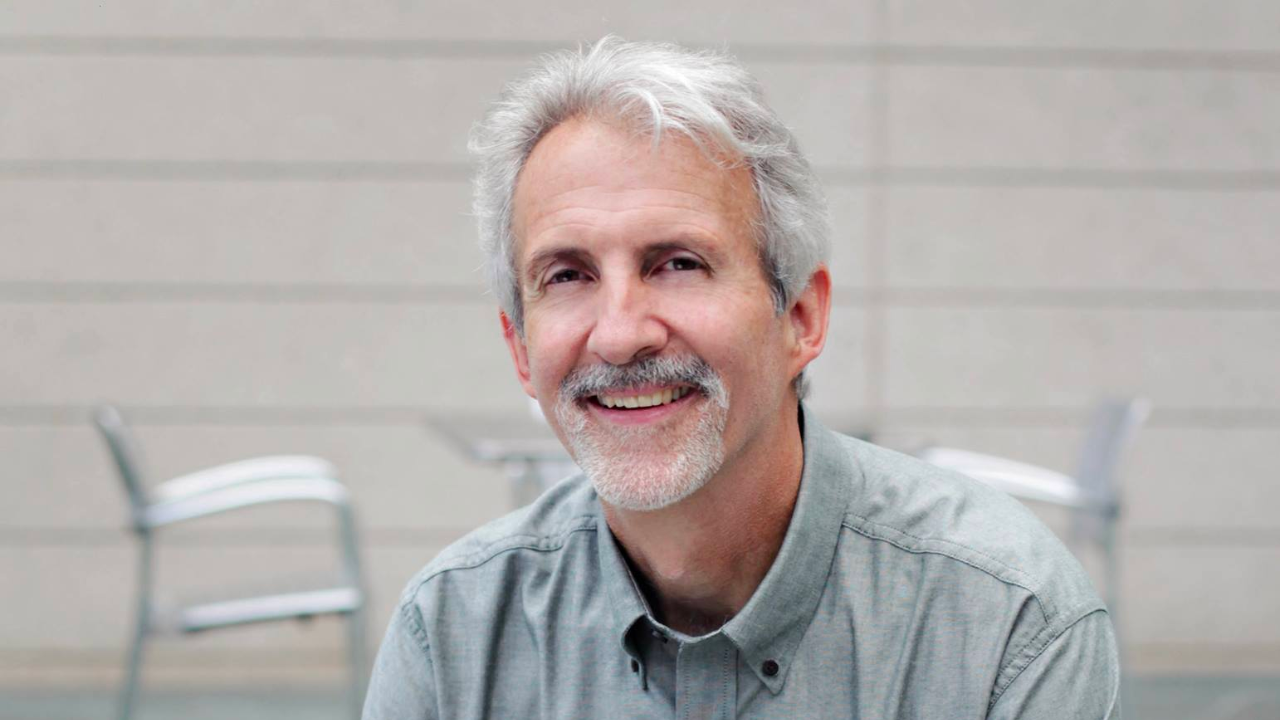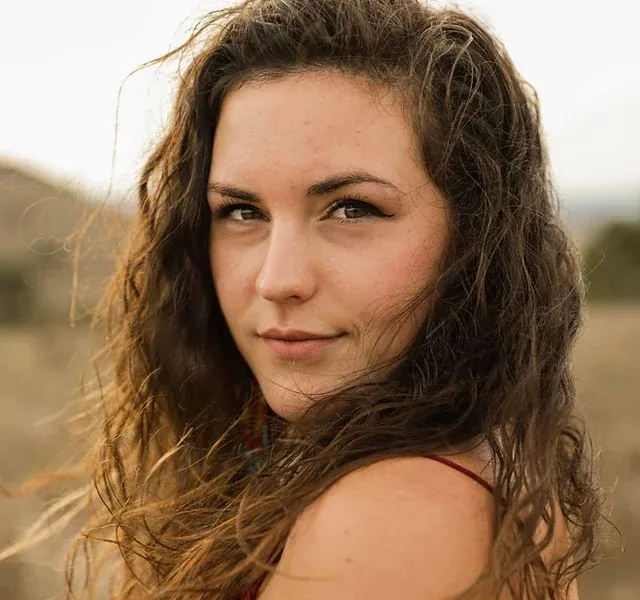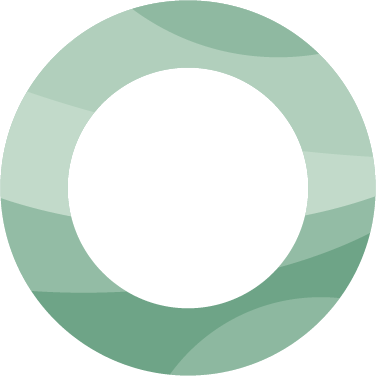Tay Ladd: Email Templates for Creators
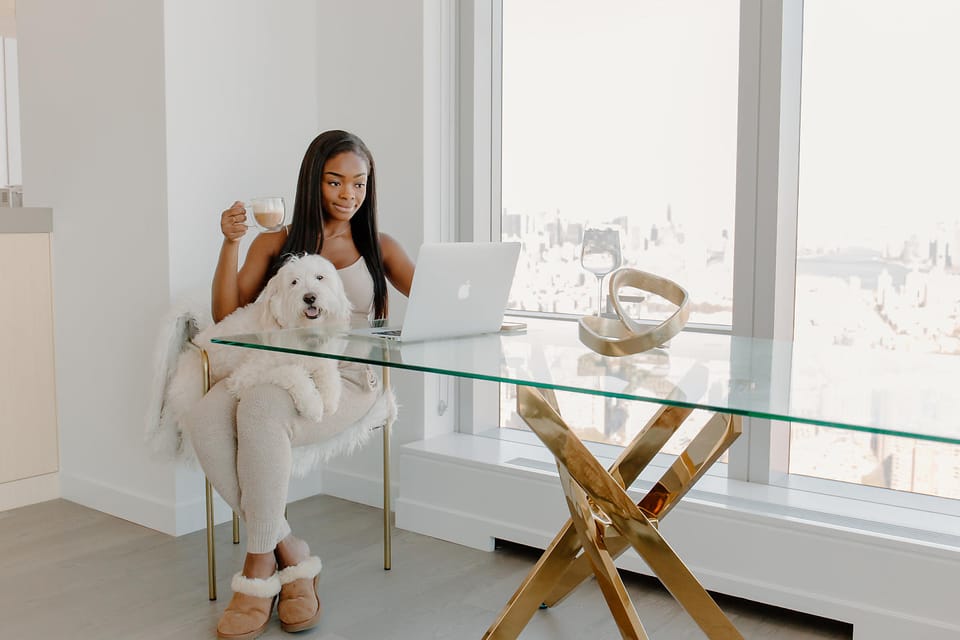
Denali: Welcome to the Creators and Experts podcast. Today, we have Tay Ladd with us. Before we get started, a little bit about her - she is a corporate tax lawyer and content creator who is one of the first dog mom influencers. She has developed a professional mastery of communication within the content creator space.
Among her many accomplishments, she is not only a successful tax lawyer, but she also graduated from Georgetown Law and has been a leader in the work-life balance space, especially around content creation. Welcome!
Tay: Thank you, yeah.
Denali: So, the first question I always like to get into is pretty basic - how did you get started creating content?
Tay: I started on Instagram. I had a dog account because when I first got my puppy, I knew that I would probably annoy all my family and friends by posting just photos of him all the time.
So, I created a separate account just to share photos of him as he was a cute puppy. But then, that evolved pretty quickly into a dog and dog mom account where I shared my life and what I was going through with my job.
It kind of evolved more to where it is right now, where it's corporate dog mom, where I am sharing or talking about what I was going through at my job and sharing survival tips for Corporate America. But then, also talking about being a dog mom and sharing dog-friendly lifestyle tips. I've merged the two major aspects of my life.
Denali: That makes sense and it leads really well into another question I have, which is, what skills do you think transfer well between the corporate world and having this content creator world, which in a lot of ways couldn't be more different sometimes?
Tay: I think that just the fact that I have to show up every single day at my job, whether I'm having a bad day or not, I don't get to kind of just say, "Well, you know, I don't feel good today," or "my video didn't perform well," or whatever.
It's like you have to show up every single day. They don't care. My job doesn't care what I'm going through. I mean, at least if I'm sick, then I get that, but it's you have to really just show up every single day, and that consistency because you don't really have a choice, has translated over into social media where it's like, again, if something, if I have one bad post, that can't really affect me showing up every single day. I'm gonna show up regardless.
Also, it's not that I'm fixated on the post performance, but the reason why I created these accounts and why I continue to do it is that I do use content creation as a form of stress relief. So, for me, it's a really positive thing, and it's not so much me focused on the outcome but just the act of creating the content and posting it for me is really enough. So, that also is another reason why it's easy for me to stay consistent with creating content.
Denali: That makes sense. And on the flip side of that, is there anything going from the corporate tax world that you had to unlearn when you were kind of transitioning into this other world, excuse me?
Tay: Yeah, definitely. In that world, it's very conservative, and it's always "think before you act" and all of this stuff, and you kind of have to let that go when it comes to creating content just because that hesitation definitely stifles your creativity.
While in some ways, being consistent and showing up are good for content creation and having a successful career as a creator, it can also stifle your creativity. A lot of times, when it comes to TikTok, for example, it's just about getting an idea. You might not have everything worked out, but you just want to share it.
Sometimes, those are the posts that do the best, versus when I sit there and talk myself out of it and overthink things. Those don't actually perform as well because it's not as natural. I was kind of stifling my creativity by thinking about something else I shouldn't be thinking about.
So, it's really just when you can let go of those "should I be posting this?" or "should I be doing that?" and just put it out there with a reason, obviously, but just put it out there.
You're not worried about, "Oh, my makeup's not this," or "I'm not like whatever." She put it out there. If you have a message to share, those are the posts that perform the best. I would say that's one aspect of being in corporate America that can stifle creativity as a creator.
Denali: That makes sense. Along that same vein, were there any big skills that you had to develop that just weren't there yet when it came to even maybe managing your time at home as a creator?
Tay: Definitely time management. I can't really control when I have a burst of creativity, and it's hard sometimes to just be disciplined and not necessarily post in the moment because I'm the type of creator that, once I get an idea, I need to share it immediately. I can't just wait until, like, whatever.
So, that has been a struggle with balancing, "You're at work during these hours." That has been challenging, and there are times when I just don't get around to posting a video.
I've gotten the idea in the morning or midday, but I'm at work and I can't post during the day. So, there are times when that is unfortunate, but it just is what it is.
When you have a full-time job and you're a part-time creator, you can't really just drop your job because you have a spark of genius that comes to you. That is challenging.
I'm trying to train my brain to come up with ideas either super early in the morning before I go into the office, so at least I can shoot the video and get the concept out. I may not post it because I need time to sit with it, but that's something I've been doing recently.
If I have an idea and I get it early enough in the day that I can record it before work, I will do that so that I can bring energy and creativity into the content, even if I have to go back and edit it after work.
But that's at least helping me get it out of my head before I kind of lose my train of thought. That's something that I started doing recently because I was just allowing myself to go through the entire day at work, and by the end of the day, it's like, "Oh, what was I trying to do?" Then, I can't forget it or my energy level isn't there, so the content isn't as good as it would have been if I had just done it when I first got the idea.
Denali: That makes sense, and I think one of the benefits of having this podcast and being able to have all the different creators on is that some people are full-time creators, while others are part-time creators with full-time jobs, like yourself.
They have to be able to balance that, and having this diversity of people to listen to can really help. Because I think a lot of times, and I mentioned this before, people often view content creation as maybe a solo gig, and it's not. I mean, you can often feel quite alone. And definitely correct me if I'm wrong, but I think the benefit of being able to learn that there's this larger community out there can really help.
Tay: For sure.
Denali: Yeah, so another question I have, and I've seen you've done some interviews on the different ways you view income and how people kind of look at maybe not using the "FIRE" (Financial Independence Retire Early) model, but rather talking about how you want to kind of build the life you want now.
So beyond that vein, and take this whichever direction you prefer, when did you start viewing content creation as maybe an income source?
Tay: I would say the beginning of 2021. I started getting brand deals, I would say, in spring 2020, but I just didn't really see it. I mean, I still won't see it as something I can replace my full-time job right now unless I stop working my full-time job. And I felt that. I still think that in order for it to fully replace my full-time job, I would need to start pitching and taking more initiative and, you know, kind of reaching out and doing a lot of outreach for brand deals.
And I don't do any of that right now, so I still don't see it getting to a place where, currently, with the way that I do get brand deals, replacing my full-time salary. So I guess I didn't take it seriously.
I kind of always knew that this would be part-time. It's good to have some extra cash on the side, but I would say 2021 was a really good year in terms of brand deals.
And I think that was probably the first time that I started to think, "Okay, you know what, this is not just like a couple hundred, this is pretty significant."
In 2022, I took a step back because I was focusing more on my business, not so much on promoting other brands, but I was the brand. So I was trying to build that.
And now, in 2023, I've kind of gone back to more of creating content for brands.
Denali: That makes sense. Along that similar line of having more than one income source, how do you, and what tips might you be able to share for how you kind of break up that work-life balance?
You made it clear in other interviews and other posts that that's important to you. And having work at work but also some work at home, I imagine, can be very important that you put up those boundaries. So what tips might you have?
Tay: Well, for me, I segment my life into 8 AM to 8 PM. That's when my phone is on "do not disturb" Monday through Friday, and although I may go longer or later, I'm generally locked into work during that time.
If something comes up, I might look at it, but for the most part, I'm focused on work during those hours. Having that mindset of prioritizing work helps me stay focused and have a routine.
I love content creation and all the other things I do, but I know my full-time job brings in the most revenue and allows me to have the lifestyle I want, so that's my priority during those hours.
I can focus on other things after 8 PM, but when I am working on social media, like creating content for brand deals, I treat it like work. I don't like signing up for more than two or three brand deals at any given time, because I do limit my workload to stay productive.
Since I can't really shoot content during the workweek, my weekends are devoted to creating content for sponsored campaigns. I try to space out the workload and give myself time to be creative and have fun.
Denali: That makes sense. In that kind of structure, have you found any ways to spark creativity more on command? If not, this is a very big topic that everyone's working on.
Tay: It's not that I can. What I have started doing now is having ideas, and if I'm not feeling like shooting a particular video on that day, or it just doesn't work out with timing, I have a running list of content ideas that I want to do for the week.
For example, when I started my job, I had new outfits, and I couldn't shoot an outfit of the day for each day, so I did a five-second clip of myself in the mirror right before I left work. I did that every day, and on Friday, I put it all together and did a "here's my work week" video.
It's helpful to have concepts so that even if you can't do something in the moment, you can still shoot content intentionally and then go back to it. But that took a lot of time.
I'm transitioning my TikTok a little bit because it was more focused on corporate humor and talking about toxic workplaces, and now that I've left my toxic job, my content is shifting a little bit.
I do have to think about things a little bit more because I'm not relying on that toxic corporate workplace as a crutch anymore. I'm branching out, so that does take a little bit more planning on what am I doing with my content now.
It's forcing me to get outside my comfort zone because I've relied on that for over a year now, so now I have to figure out what to do.
Denali: Yeah, congrats on not having the toxic workplace to post about anymore.
Tay: A lot of people relate to my content, but what I want to do, and another reason why I love my content and what I post, is because the messaging behind it is that I really do want to inspire people that if they are in a toxic workplace like I was, to do something about it and get out of it.
That's where I'm kind of at right now. I'm the type of person who can do things on the fly, but because I'm putting more intention into my content now and I want to have a very specific message, that's why I haven't been as on the fly with coming up with content.
I really do want to be more intentional with it, so that's what's taking me a little bit more time to kind of develop my new theme for the workplace content.
Denali: That's great. I think that's a really good message to share with other creators, that it's okay to step back sometimes and reevaluate and restructure. So to change gears a little bit, because I want to give you a chance to talk about it, do you have any hubs you want to talk about or next projects that are kind of exciting for you?
Tay: Right now, I'm just really focused on my job 100% because I just started my new job two weeks ago, so that's kind of where I'm putting the bulk of my focus and energy.
So not anything particularly that I have outside of that. That could change tomorrow, honestly, things just happen so quickly, but right now, no, I'm just really focused on my job. I do have some brand deals with a women's workwear brand, but I've been limiting the brands that I take on or the brand deals that I take on just because I do want to be focused on my job right now.
But it's kind of good though, it kind of feels good to not really have any obligations. But I think at the beginning of the year, I really did a lot because there was a lot of interest. So I took a lot more than I would have wanted to take on. But now, I think I'm just kind of enjoying not doing as much.
Denali: Definitely. And then I saw you had previously created a hub on Kahana for different kinds of scripts for brand deals and stuff. So, do you want to share anything about that? Anything that you think would be particularly helpful for other creators?
Tay: Yeah, so I actually completed that hub and then another one. The first hub that I created is a list of 50+ email scripts and templates that I dropped in multiple times when I'm negotiating with brands.
Most of the time, brands let me use an influencer or a PR agency to contact me on their behalf. These templates cover everything from the initial outreach from a brand, how to respond, and how to negotiate various aspects of the contract when it comes to the scope of services, payments, and various other things.
These are things that I've used myself and I also provide the context of how it was used. Sometimes, I'll say what the outcome was after I used a particular template.
This is really good because I know a lot of people would like what I share on my second TikTok account, the Corporate Creator. That's more of my business account where I share tips and more of the brand deal stuff because the Corporate Dog Mom is more of my life, and that's where I post the brand deals.
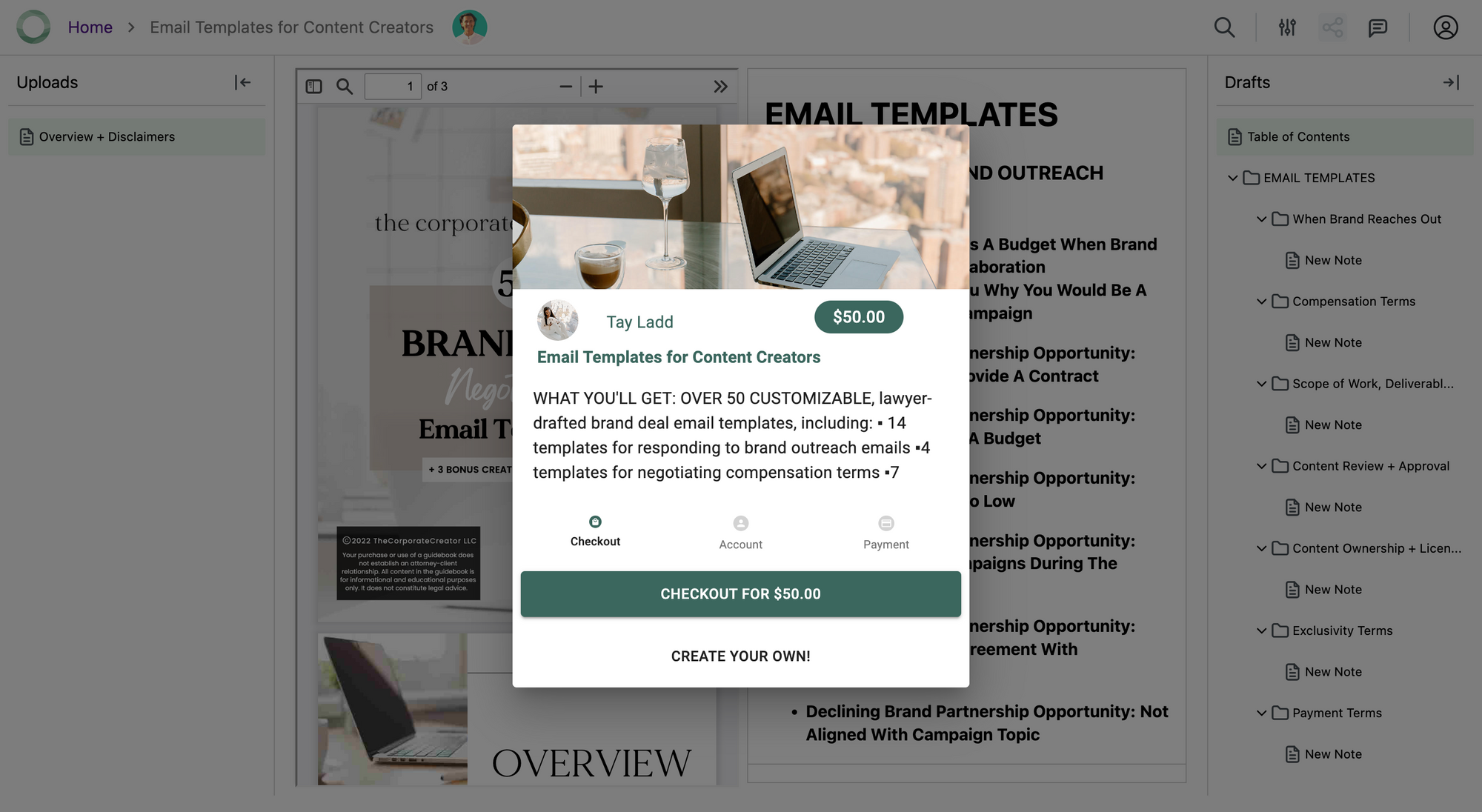
50 Email Templates for Creators
Sharing tips for multi-passionate creators, including email templates for negotiating with brands and navigating brand deal contracts.
The Corporate Creator is really the behind-the-scenes of how I get the brand deal. This is how I navigate the brand deals, and I share tips for creators. On that account, I would share little screenshots of obviously redacted confidential information. But I would just show how I respond to brands.
There are so many people who would just respond or comment, saying, "I wouldn't even know how to respond to a brand deal or any inquiry from a brand."
I realize it's because not many people are probably sending those emails every single day, or sending emails where they have to present themselves that way.
I send emails every single day at my job, so I'm used to conversing with corporate parties like attorneys every single day. So, I saw it as an opportunity to really share the things that I've been doing because it can help someone avoid needing to get an agent or something just because they didn't know how to respond to these brands, and they were intimidated.
For sure, I would share this. Even though these are things that I use, they can apply to pretty much everyone. For the most part, these are very common email exchanges that creators have with brands.
The second hub that I have shares an influencer contract template. When you are working with brands, nine times out of ten, the brand will present you with an influencer contract that their attorneys drafted or some template they found online.
So, this contract template that I drafted is influencer-creator friendly, and it walks you through it. Well, you can actually just use it and customize it if you want if the brand is providing you with one. But I also provide an instructional guide that explains every single section of the contract template that you're going to see - it gives you negotiation tips.
In addition to that, I also have a pricing guide that offers guidance on not just setting your rates, but just the things that you should be charging for. Because a lot of times, brands reach out and say, "Hey, here is $1,000 to post one TikTok."
You think, "Okay, fine. That's great." But then they also want to whitewash your content and run ads with it, or they want you to repost it on a different platform.
So, that's what this guide is getting at. It's really about educating creators on all the different services that they are providing and sometimes not charging for. So, it's a lot, and I think I could charge a lot more for this stuff. But for me, it's beneficial to just have creators be aware of this so that we all can benefit from it.
The more creators know, the better it helps every single creator when they are knowledgeable about how much they should be charging.
Denali: Definitely, and I think there's probably no one better than someone who's in that world on a professional basis but also on the content creation side. And I think you're pretty rare when it comes to that, so it is wonderful that you're sharing that with everyone.
Tay: Yeah, I want to get it out there to the masses, promote it more, but I'm really bad about it because I always feel like I don't want necessarily to sell it. But for me, the most important thing is just to get the information out there for creators to have that knowledge because a lot of times, people think they need agents or managers, and you really don't.
Denali: Right, and on the smaller scale of things, I think that having that knowledge is more valuable than anything else, making sure you're not getting taken advantage of. And I think that's a wonderful thing you're offering. I do want to be respectful of your time, so I'll just leave it to you.
Kind of throw it back, is there anything else you want to add? And if not, everyone should check out all you have to offer, from your hubs to your TikTok, to your professional development as it moves along.
Tay: Yeah, no, I think that's it. That was so efficient. We're so efficient!
Denali: Well, there's a lot of ground I want to cover, so I want to make sure that we got to touch on everything a little bit. I really appreciate your time. It was great to talk with you and congrats on your new job.
Tay: Thank you so much.
Denali: Yeah, thank you. All right, take care.
